In this episode of We’re Not Stumped, host Mike Bolland sits down with Christopher Rodriguez, CEO of Ability360, to discuss the organization’s powerful role in promoting independence for individuals with disabilities. Learn about the wide range of programs and resources Ability360 offers, from adaptive sports to advocacy, and how they are transforming lives by empowering people to live fully and independently. Tune in for an inspiring conversation about inclusion, accessibility, and the future of disability support.
Website: https://ability360.org/
Ability360 is a 501 (c)(3) non-profit corporation. Through its comprehensive programs, Ability360 touches the lives of individuals with disabilities and addresses the disability concerns of their family members, co-workers and employers.
Ability360 began in 1977 as the Arizona Congress for Action (ACA), a group of people with diverse physical disabilities who launched a grassroots effort to educate the community about disability-related issues in Central Arizona. In 1978, Congress enacted Independent Living Center legislation as part of the amended Rehabilitation Act of 1973. In 1981, Ability360 received funding and began services.
With more than 130 staff members and volunteers, more than 1,500 personal care attendants and hundreds of volunteers, Ability360 has offices in Phoenix, Gilbert/Mesa, Glendale, Tucson, along with Coolidge, and provides services throughout Maricopa, Pima, Pinal, and Gila Counties. Ability360 programs are made possible through grants, fee-for-service contracts, and individual and corporate contributions.
#disabilityawareness #disabledcommunity #disabledandproud #limbloss #disabilityadvocate #disability
Listen on Apple Podcasts
Watch on YouTube
Listen on Spotify
In this deeply moving episode of We’re Not Stumped, host Mike Bolland welcomes Scott Martin, a bilateral hand amputee, soccer coach, and author of the upcoming memoir Play From Your Heart. Scott opens up about the life-altering infection in 1993 that led to the loss of both hands and parts of his feet, and the emotional aftermath that followed. He speaks honestly about denial, detachment, and the five-year struggle with depression that tested his identity, confidence, and purpose.
This special Christmas episode of We’re Not Stumped is a heartfelt reflection from host Mike Bolland on resilience, community, and gratitude during the holiday season. Instead of an interview, Mike takes a few minutes to acknowledge the realities many people in the limb loss and disability community face during the holidays — from accessibility challenges and family dynamics to grief, growth, and adapting to change — all with warmth and a touch of humor. Mike also shares what this podcast has taught him over the past year and gives a heartfelt shout-out to some incredible guests who trusted him with their stories.
In this inspiring episode of We’re Not Stumped, host Mike Bolland sits down with Jason A. Jones—motivational speaker, author, and founder of Positive Pieces—for a powerful conversation about resilience, mindset, and growing up with a congenital hand difference. Mike and Jason share a unique connection: both were born with a difference in their right hand. Together, they explore the realities of childhood, school, friendships, sports, and the challenges of first impressions when living with a visible disability. Jason reflects on the role his parents played in building confidence and accountability, encouraging him to adapt without excuses and believe in his own abilities. Jason also discusses his motivational memoir, 3 the Hard Way, which chronicles his journey from adolescence through college—including major setbacks like a serious car accident, job loss, and navigating employment with a disability. The conversation dives into the importance of mindset, and how resilience is built through lived experience.

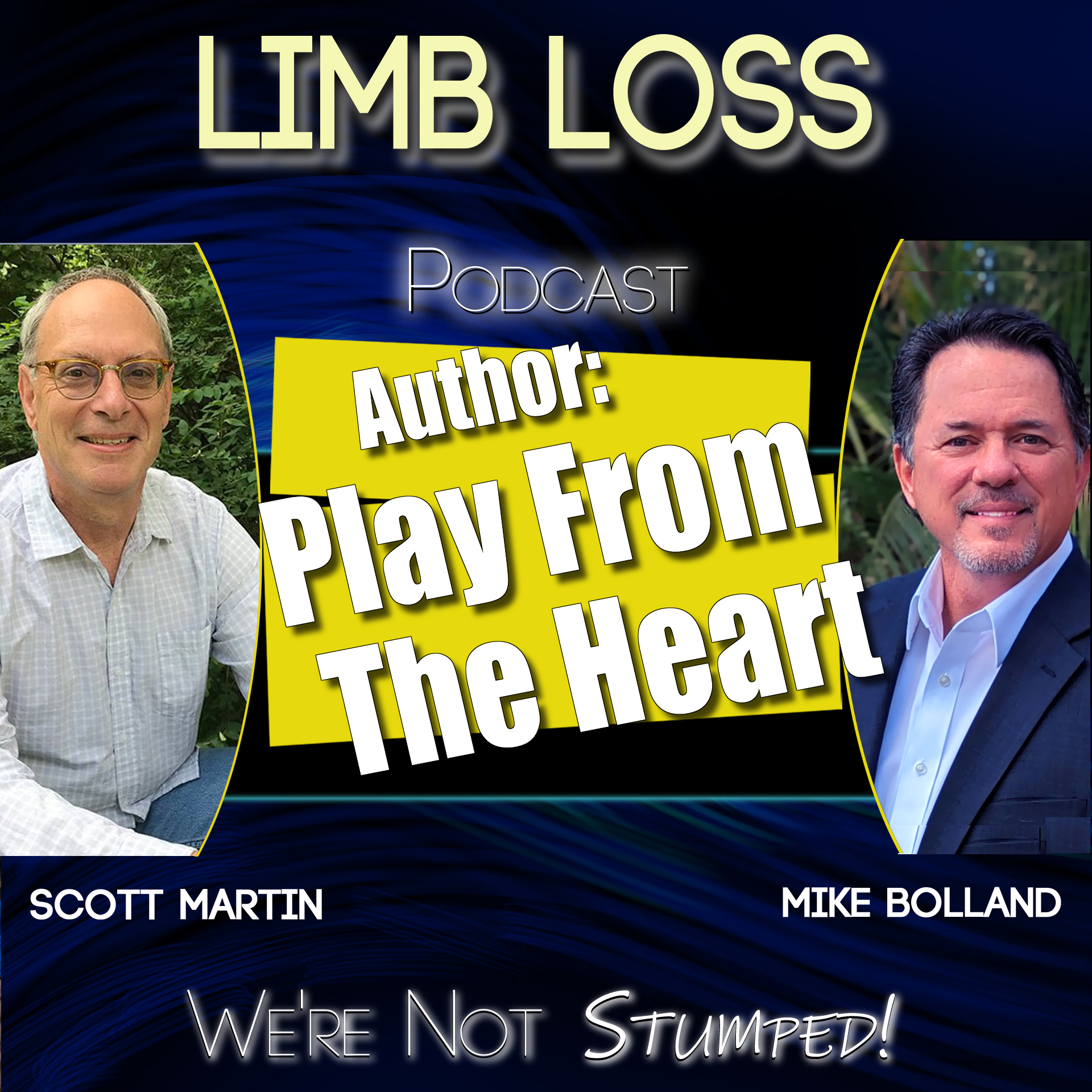

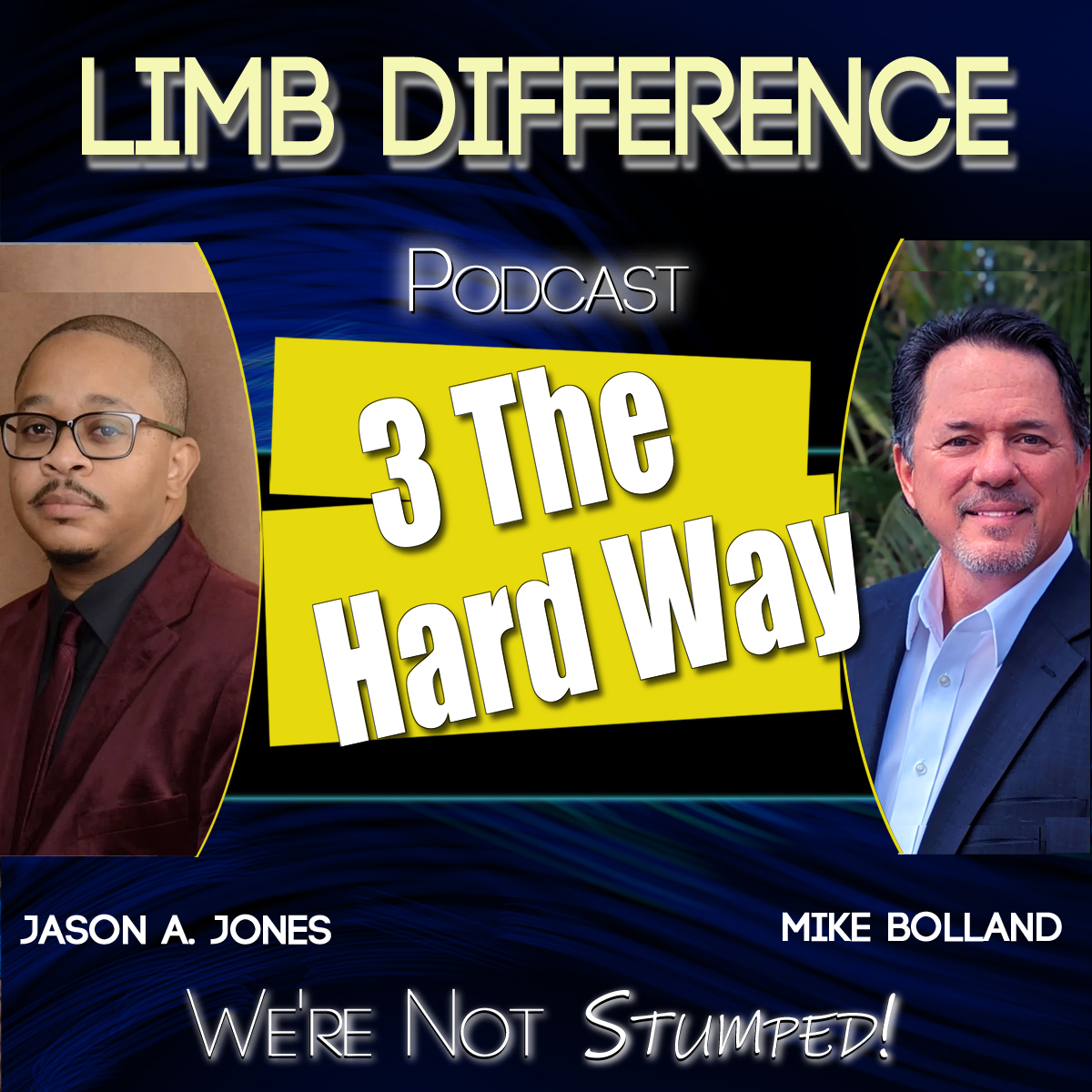
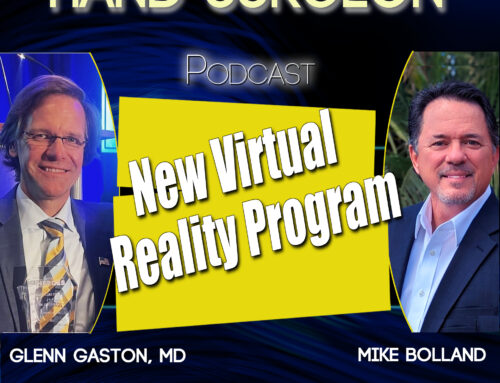
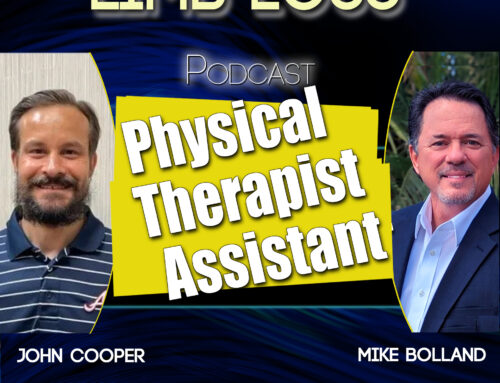
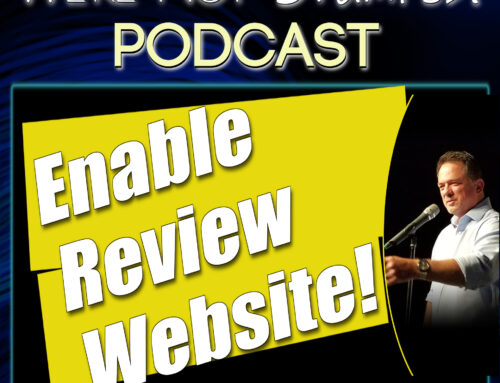
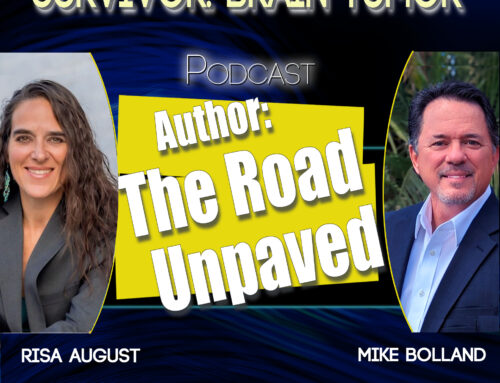
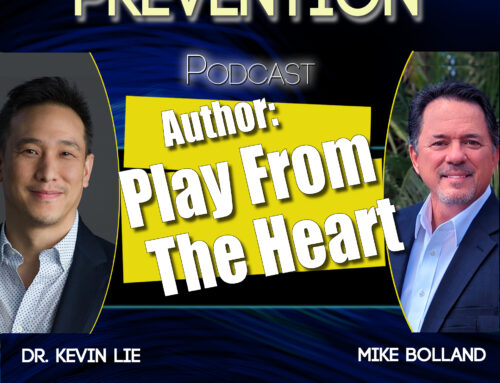
Leave A Comment